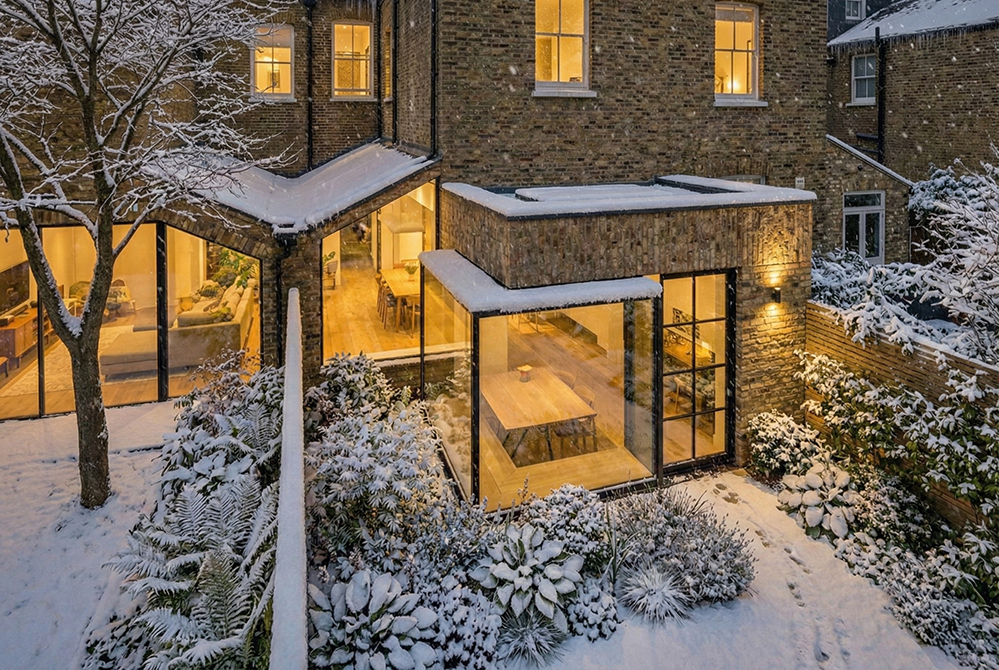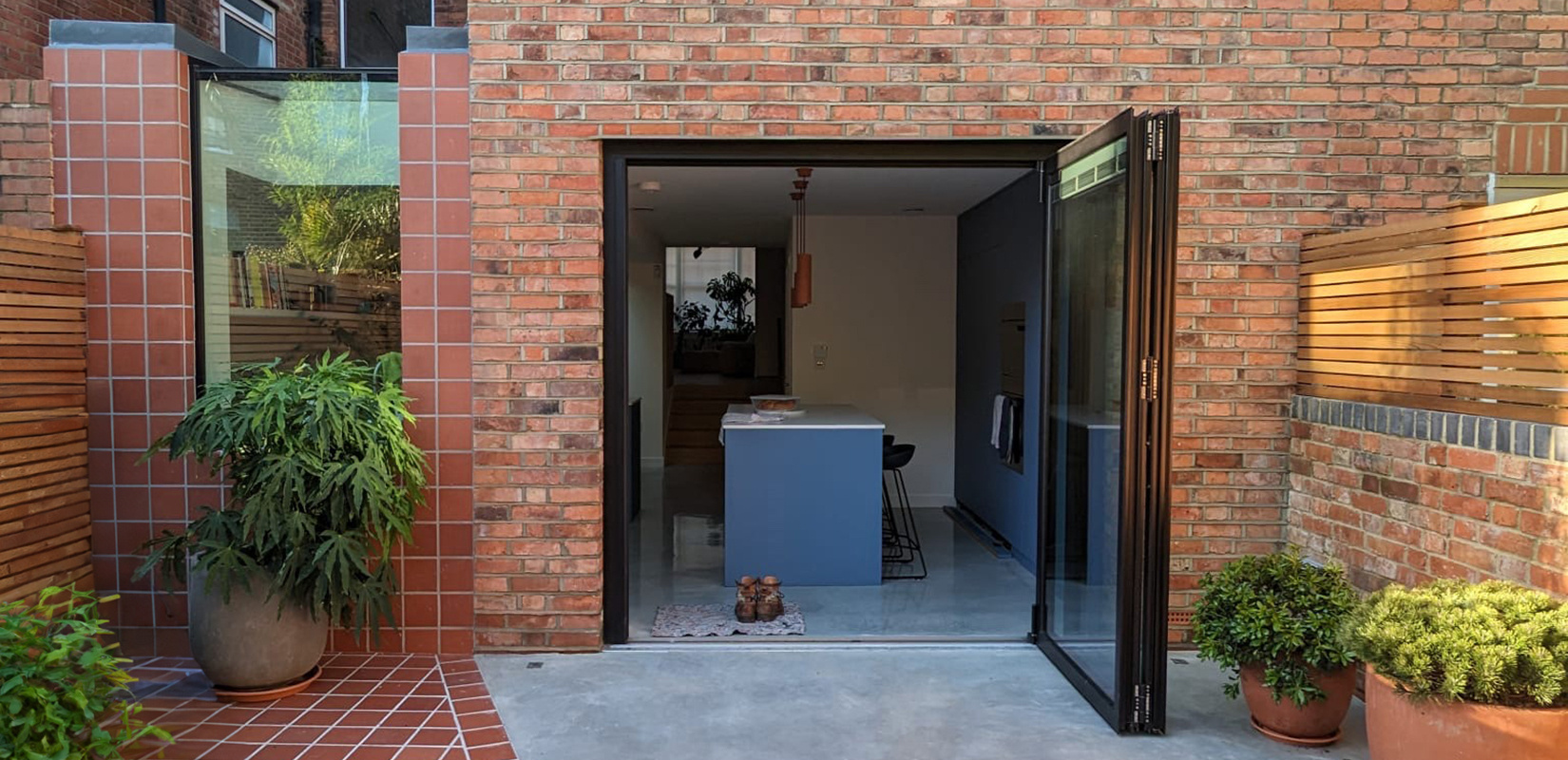
Low Energy Home
Low Energy Homes, whether retrofitted or newly built, aim to minimise energy consumption while maximising comfort and sustainability. New builds use high-performance insulation, airtight construction, and energy-efficient systems. Retrofits upgrade existing homes with similar features, improving thermal performance and reducing energy waste. Both approaches often include renewable energy sources like solar panels or heat pumps, resulting in lower utility bills, a reduced carbon footprint, and a healthier living environment.
In the UK, there is no fixed standard for low consumption houses. Building Regulations set minimum requirements, while Passivhaus accreditation offers a gold standard but with associated costs.
At RISE Design Studio, we specialise in low energy homes that balance these extremes. We emphasise high thermal performance, airtightness, and minimal thermal bridging. With controlled Mechanical Ventilation & Heat Recovery (MVHR) and low energy heating systems, our buildings achieve excellent performance and reduced energy consumption. Guided by our in-house Passivhaus accredited designer, Sean, we incorporate the best elements of Passivhaus to deliver top-quality buildings.
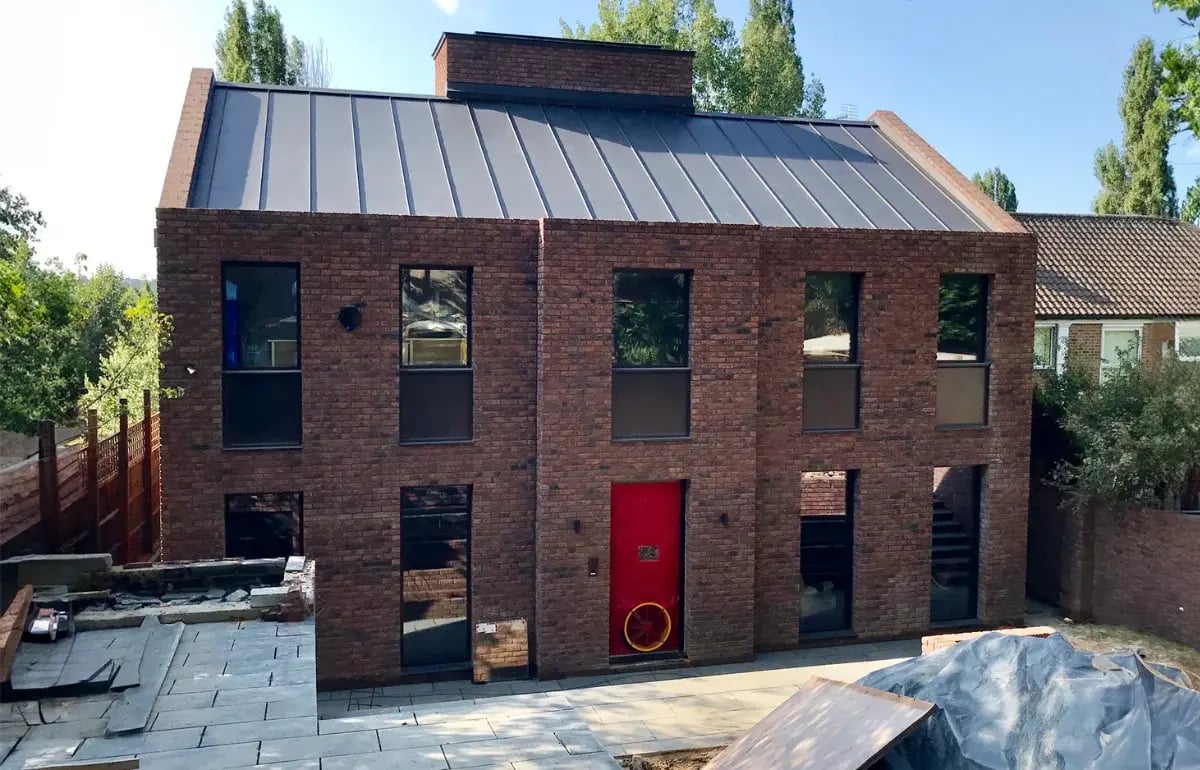
Airtightness
Airtightness is crucial for Low Energy Homes, significantly enhancing energy efficiency and indoor comfort. This involves meticulous construction techniques to eliminate air leaks through walls, roofs, and floors. High levels of airtightness prevent draughts and heat loss, maintaining a stable indoor temperature.
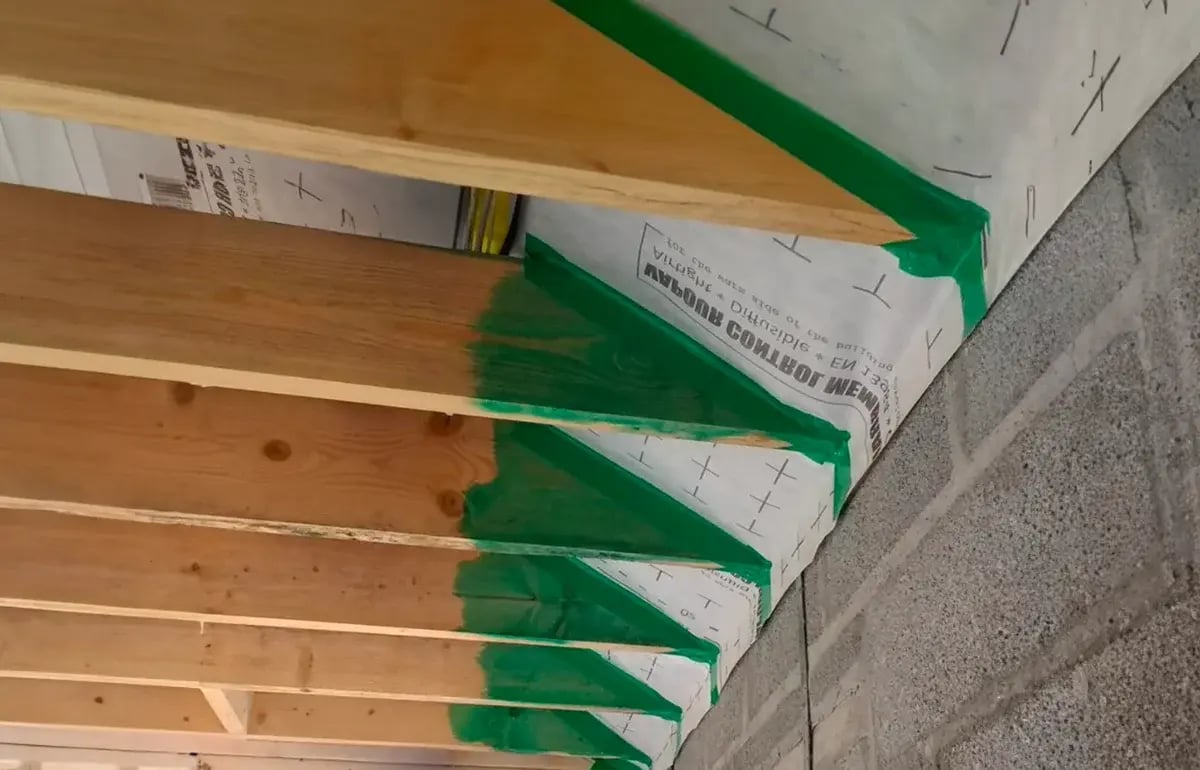
Controlling Air Infiltration
By controlling air infiltration, airtightness improves ventilation system effectiveness, ensuring consistent air quality and reducing the need for additional heating and cooling. This results in lower energy consumption, reduced utility bills, and a more comfortable living environment throughout the year.
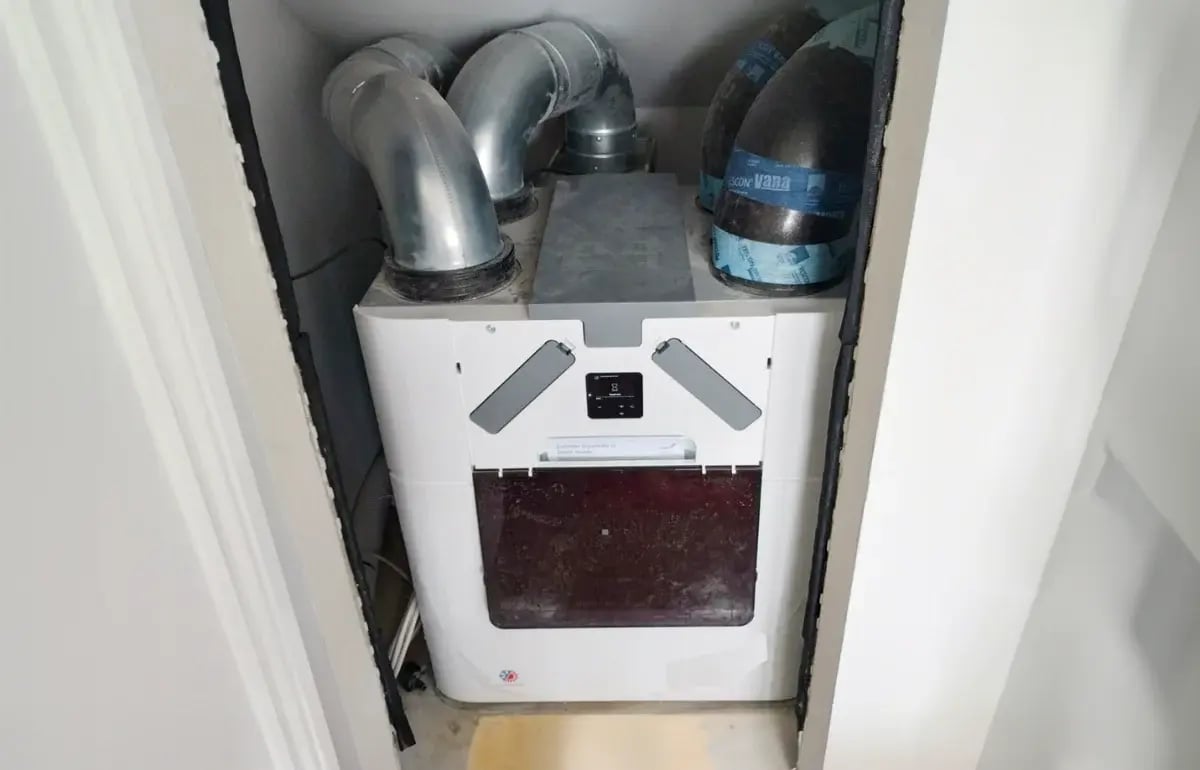
MVHR
Mechanical Ventilation with Heat Recovery (MVHR) plays a pivotal role in achieving the Passivhaus standard, dramatically improving energy efficiency and indoor air quality in low energy homes. MVHR systems operate by continuously extracting stale, moisture-laden air from inside the building and replacing it with fresh, filtered outdoor air. During this process, a heat exchanger transfers warmth from the outgoing air to the incoming air, minimizing heat loss and reducing the demand on the heating system.
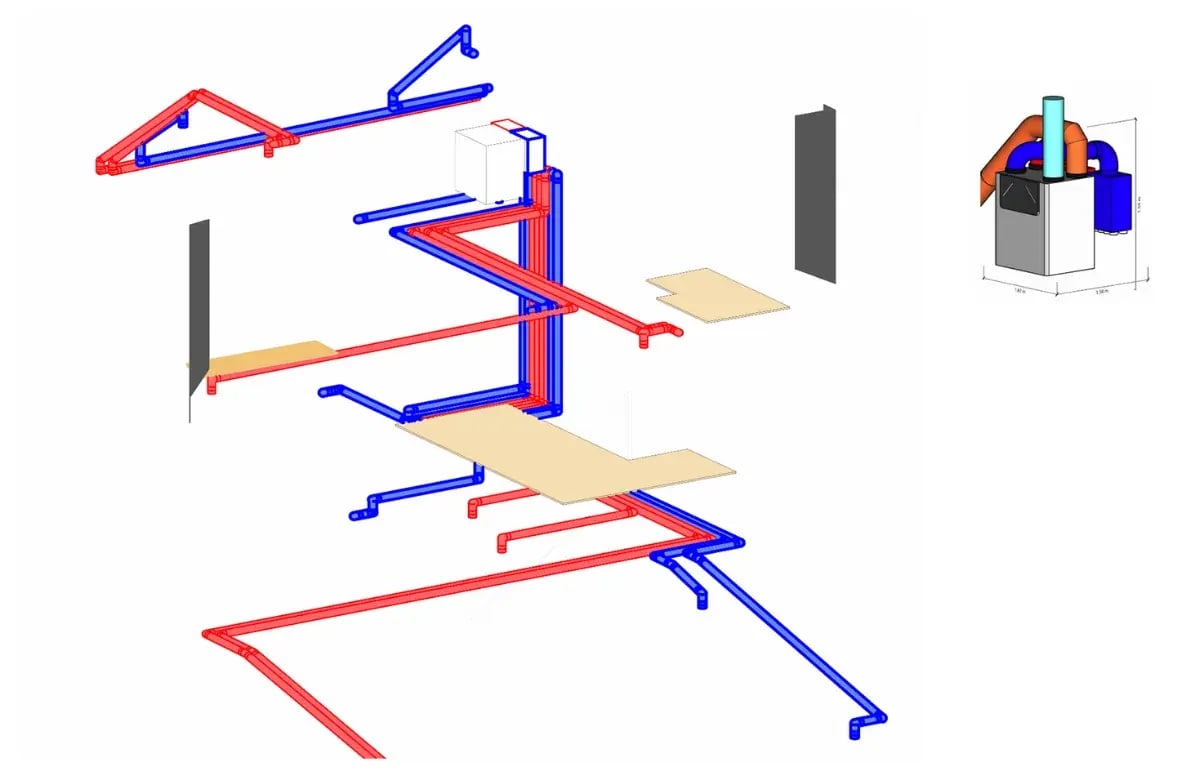
Excellent Air Quality
This innovative technology ensures a constant supply of fresh, oxygenated air while maintaining a stable and comfortable indoor temperature. By significantly reducing the need for additional heating and guaranteeing excellent air quality, MVHR systems contribute to lower overall energy consumption and enhanced comfort for occupants throughout the year. The installation of an MVHR system is a key strategy in creating a healthier, more energy-efficient living environment in low energy homes.
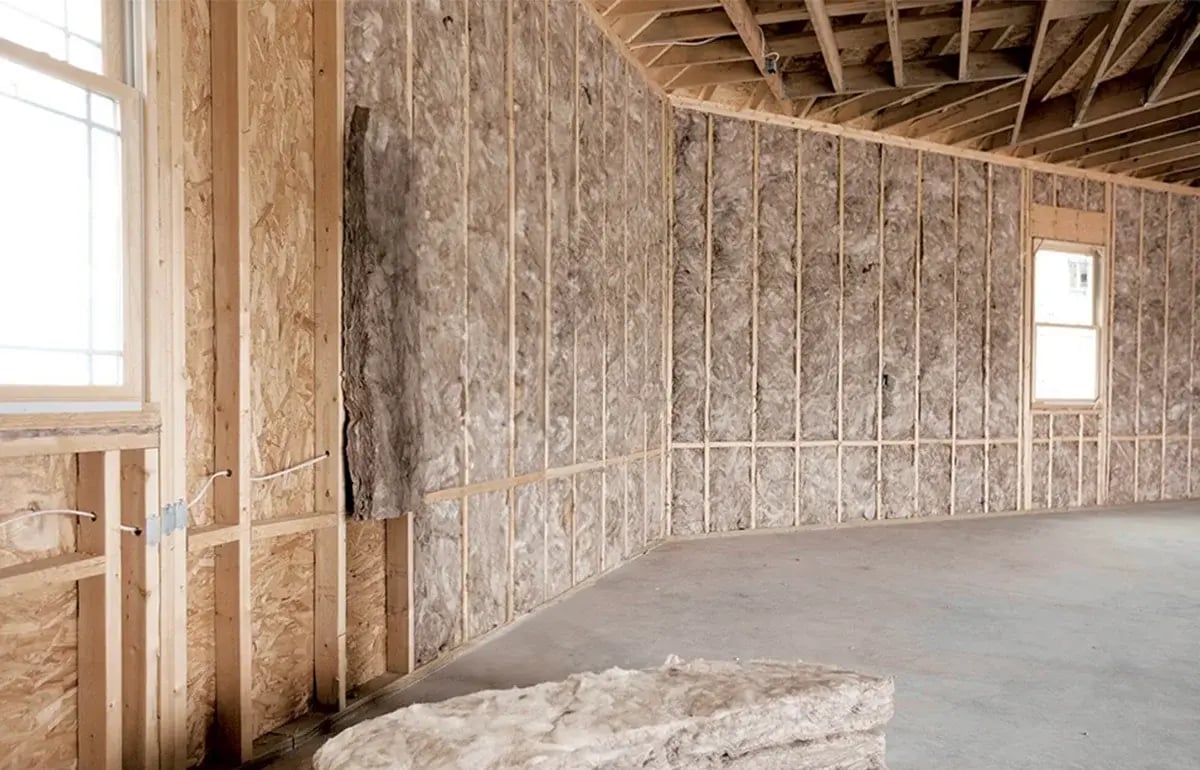
Thermal Envelope
An enhanced thermal envelope is crucial for Low Energy Homes, ensuring exceptional energy efficiency and comfort. This involves using high-performance insulation materials to significantly reduce heat loss through walls, roofs, and floors. By employing advanced insulation techniques, these homes maintain a stable indoor temperature, preventing heat from escaping during the winter and keeping cool air inside during the summer.
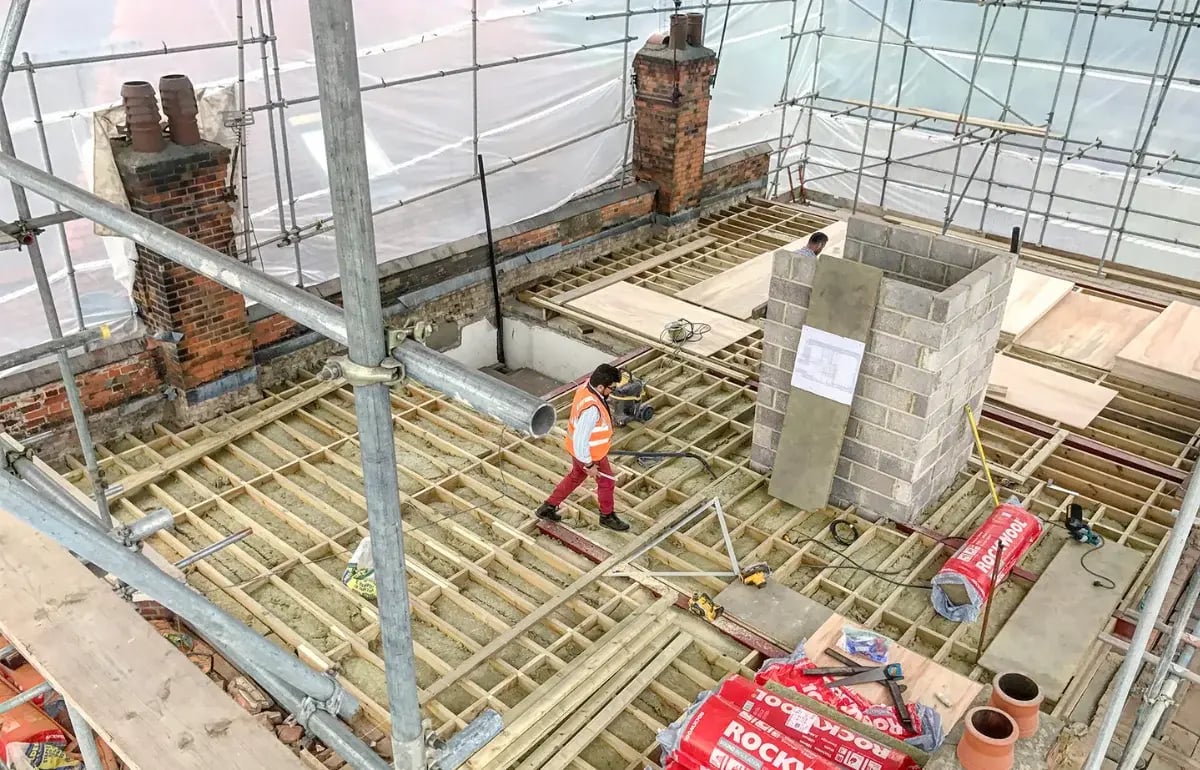
Consistent Indoor Climate
This results in a more consistent and comfortable living environment, which also translates to lower energy consumption and reduced utility bills. Additionally, the enhanced thermal envelope contributes to the overall durability and longevity of the building by protecting it from temperature extremes and moisture damage.

Low Impact Material
Low impact materials play a crucial role in Low Energy Homes, which aim to reduce the environmental footprint of buildings. The selection of building materials is based on several key factors, including their embodied energy, recyclability, and local availability. By carefully considering these aspects, Low Energy Homes promote the use of materials that significantly reduce carbon emissions and contribute to a more sustainable built environment.
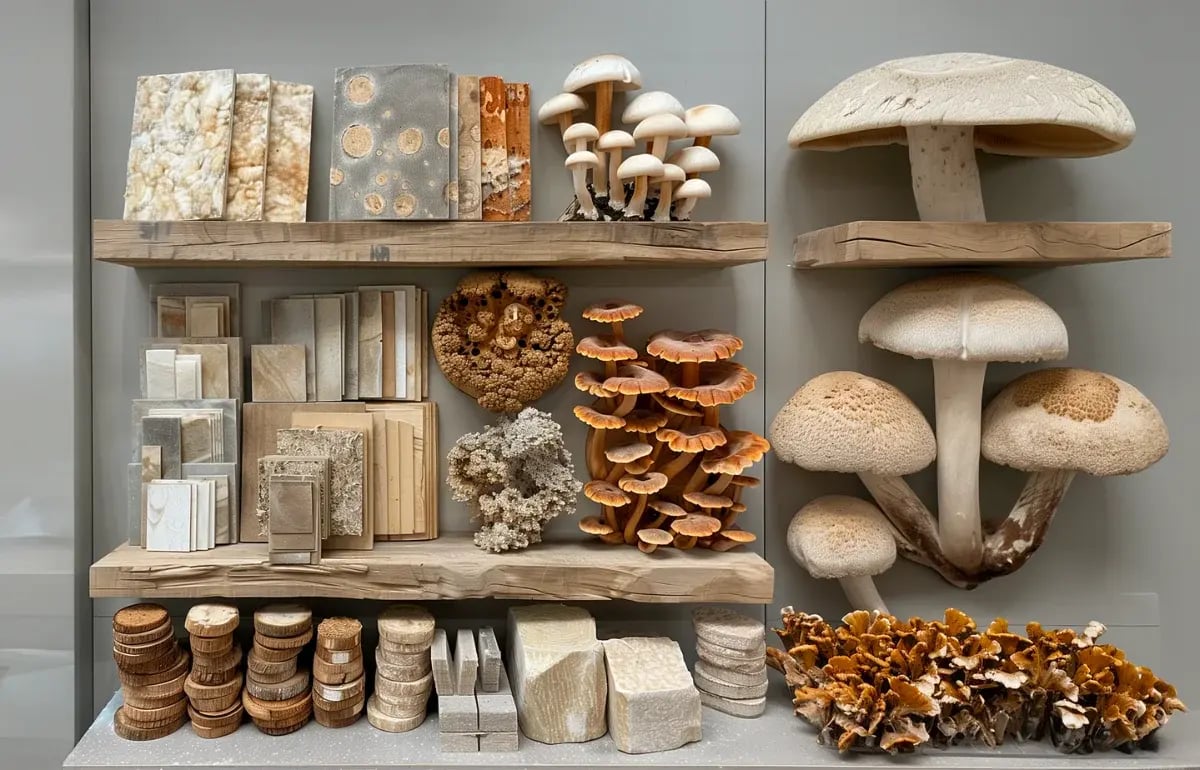
Minimising Embodied Carbon
Embodied energy refers to the total energy required to produce, transport, and install a material. Materials with low embodied energy, such as timber from sustainably managed forests, recycled steel, or locally sourced stone, require less energy during their production and transportation processes. By choosing materials with low embodied energy, Low Energy Homes minimize the carbon emissions associated with the construction phase, further reducing their environmental impact and promoting sustainability in the built environment.
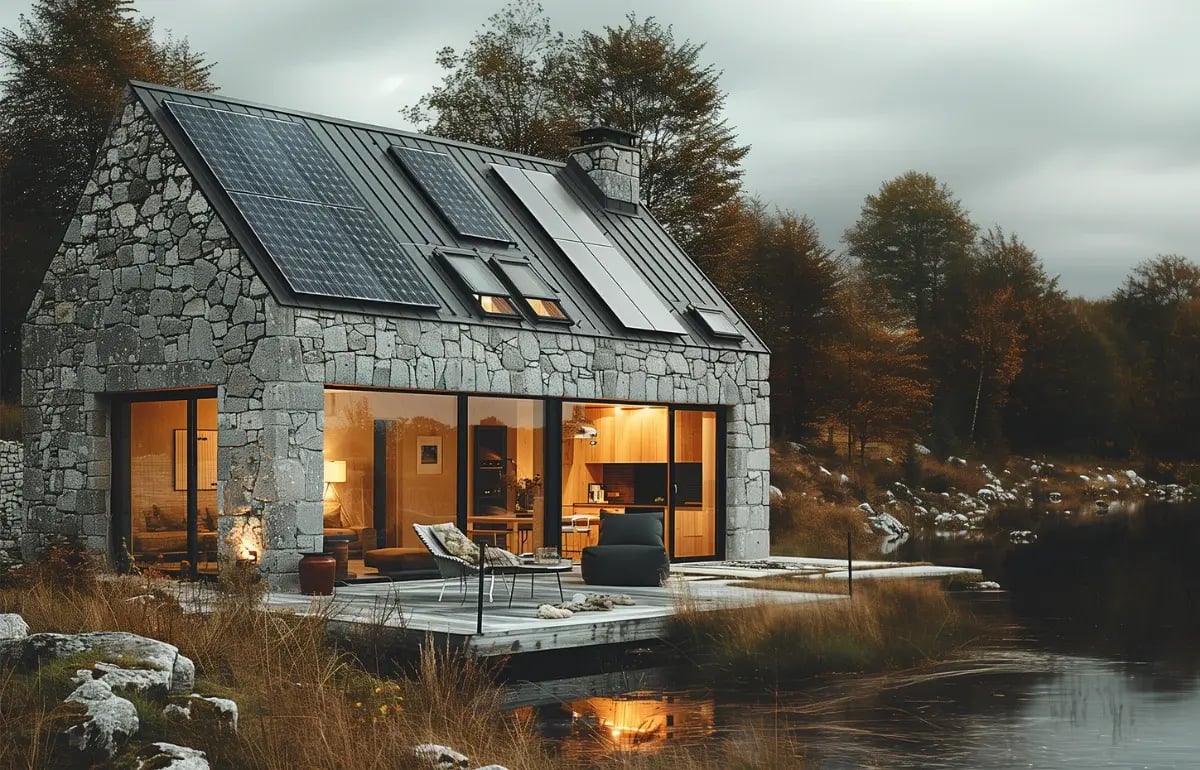
Renewables
Renewable energy sources are essential for Low Energy Homes. Air Source Heat Pumps (ASHPs) extract heat from the air, while Ground Source Heat Pumps (GSHPs) harness stable underground temperatures. Solar panels generate electricity or heat water using the sun's energy, reducing reliance on fossil fuels, lowering carbon emissions, and minimizing environmental impact.
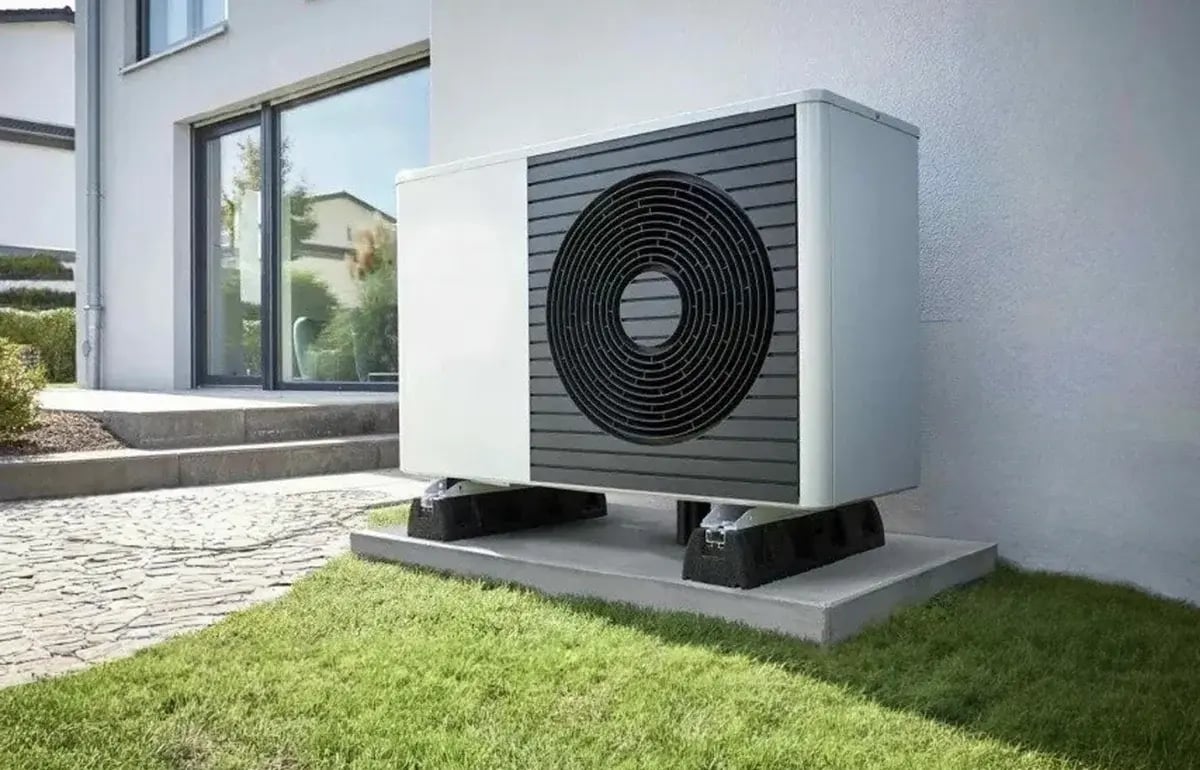
Energy Independence
By promoting energy independence, decarbonization, and responsible resource management, Low Energy Homes align with broader environmental sustainability goals and contribute to a greener future.
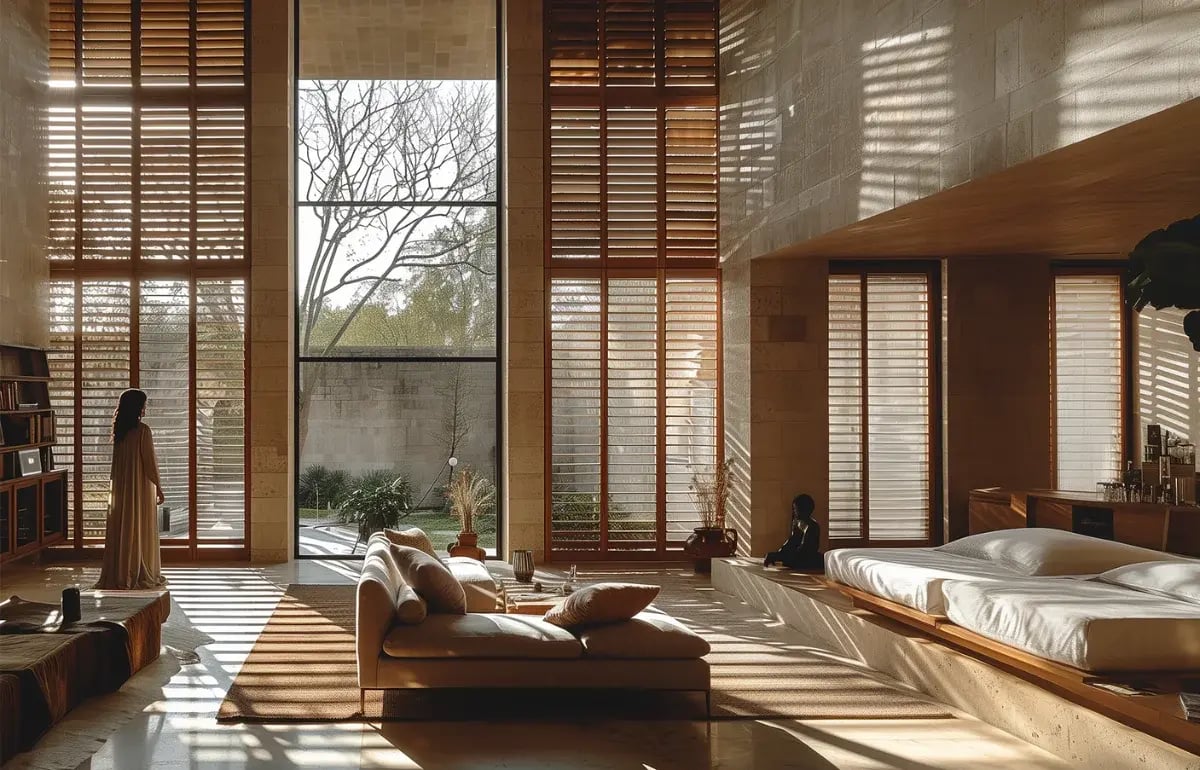
Overheating
Overheating is a critical consideration in Low Energy Homes, aimed at ensuring comfort and energy efficiency. Effective design strategies are employed to mitigate overheating risks, such as incorporating adequate shading, optimizing window placement, and using thermal mass to absorb and store heat. Cross ventilation is another key strategy, allowing cool air to flow through the building and replace warm, stale air.
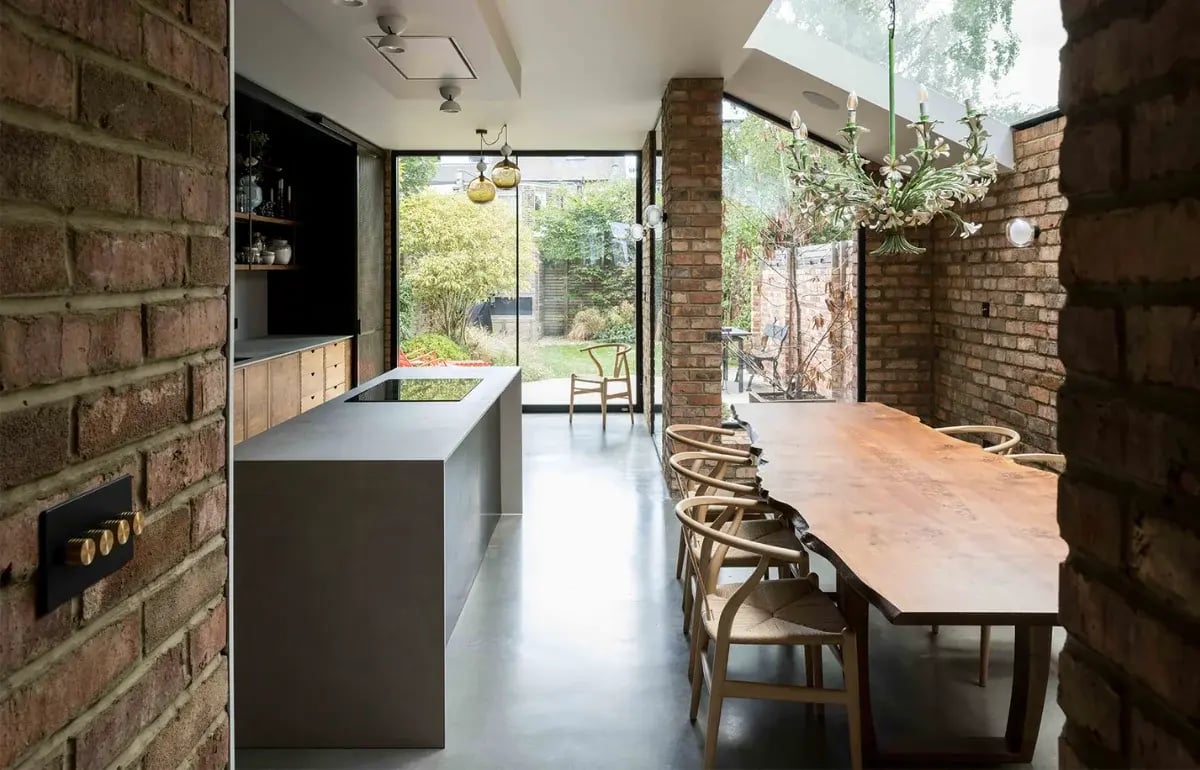
Adequate Shading
By preventing overheating, occupant comfort is enhanced while reducing the need for energy-intensive cooling solutions, thereby contributing to lower energy consumption and more sustainable living environments in Low Energy Homes.
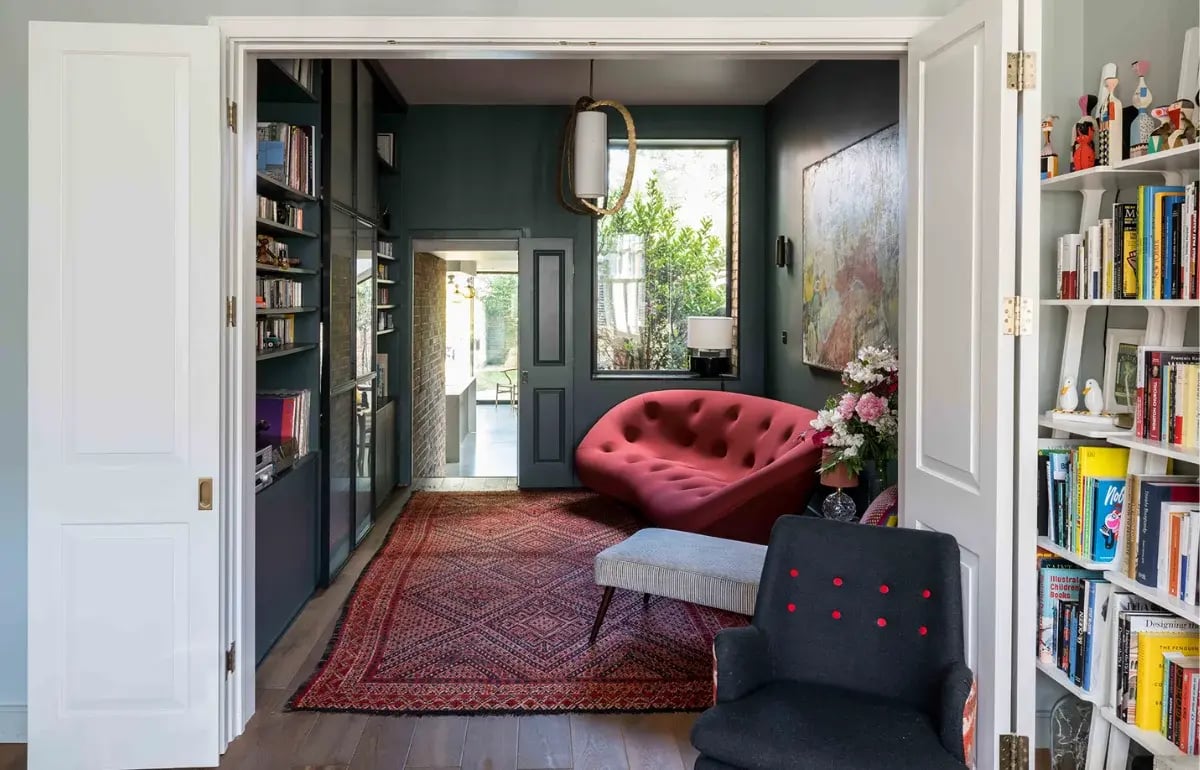
High Performance Glass
Triple glazing is a key component in achieving high energy efficiency and comfort levels in Low Energy Homes. With three panes of glass and insulating gas, triple glazing significantly reduces heat transfer compared to double glazing. Low Energy Homes require low U-value windows, which triple glazing provides, ensuring excellent insulation and stable indoor temperatures.
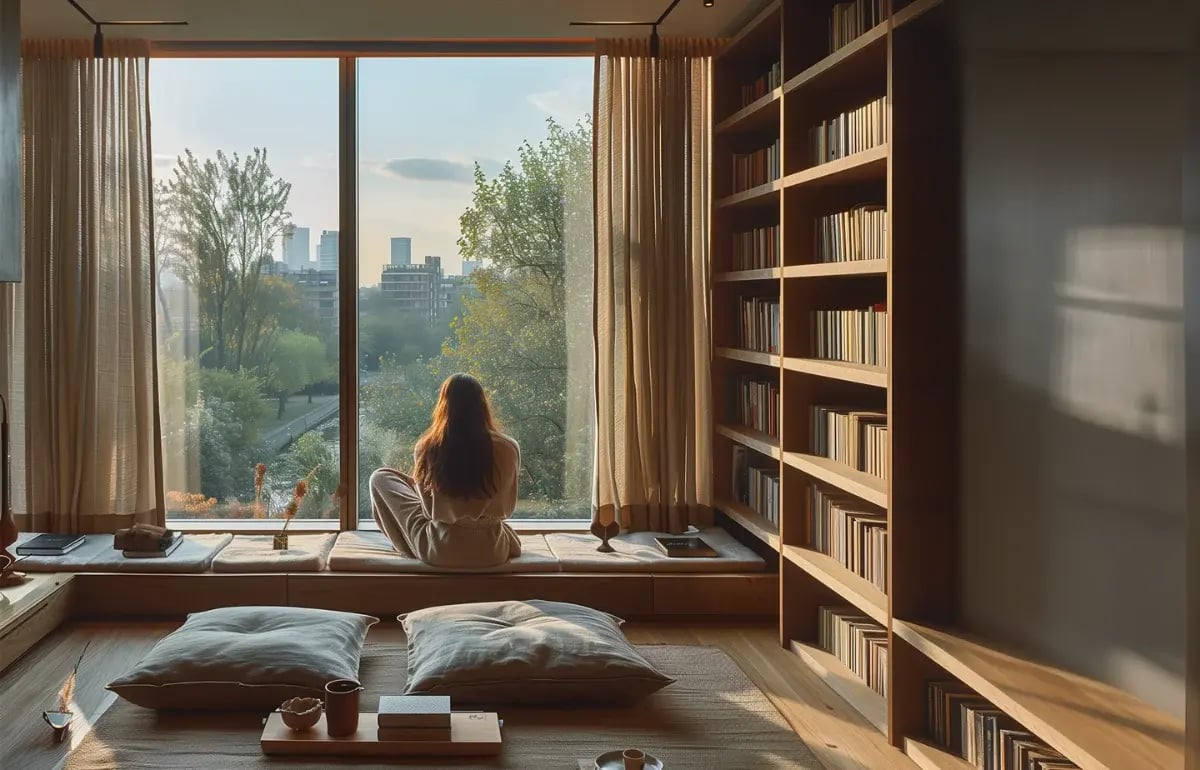
Minimise Draughts
Triple glazing minimizes draughts, cold spots, and external noise, enhancing comfort. By reducing energy consumption and improving the living environment, triple glazing contributes to the goals of energy efficiency, occupant comfort, and environmental sustainability in Low Energy Homes.
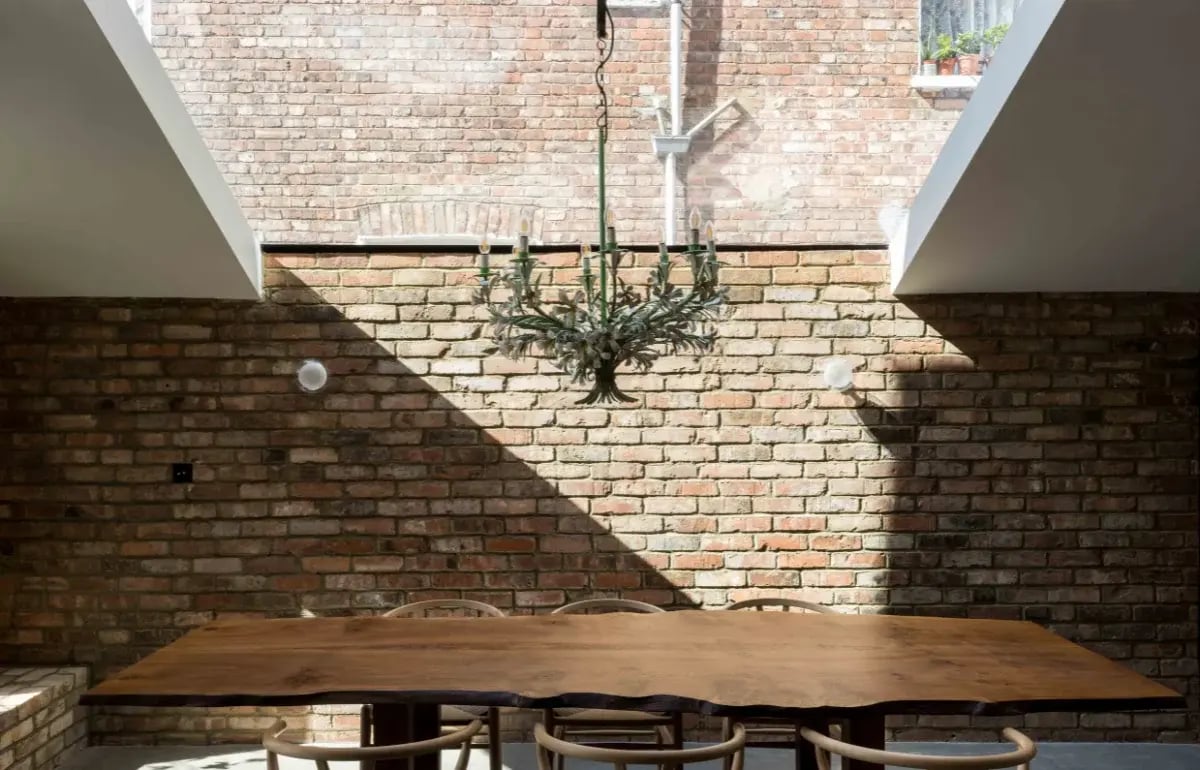
Testimonials - Clare Jolly
Queen's Park Glazed Envelope
RISE impressed us from the start. They refurbished our ground floor apartment, adding extensions and changing the layout.
Their dedication throughout the process was excellent. Highly professional, down to earth, and creative, they made it a true collaboration. We love our home and highly recommend them!
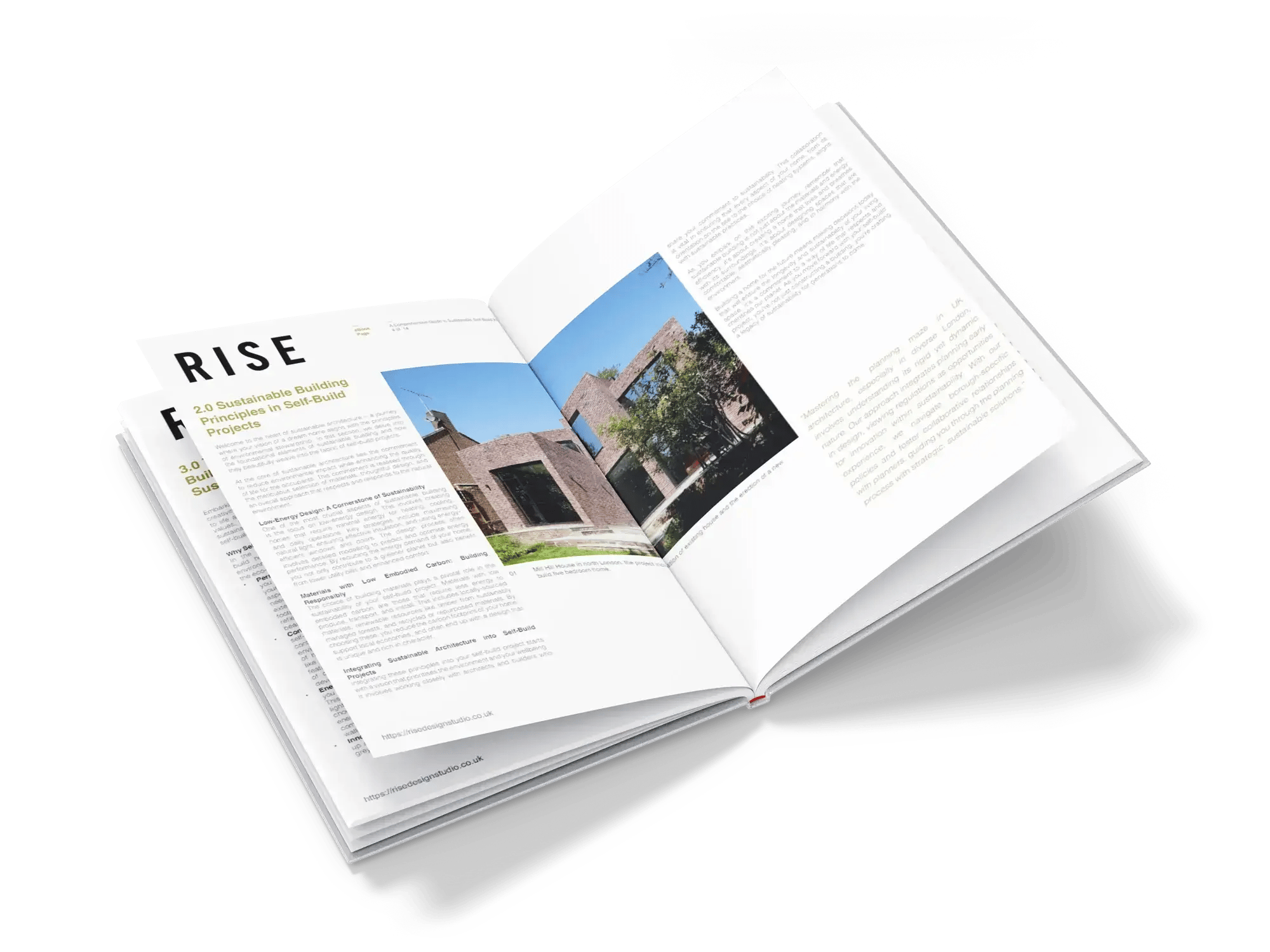
Want To Learn More About RISE?
Download A FREE Copy Of One Of Our Brochures
More information can also be found in one of our free downloadable guides, which explores a few of our recent projects in further detail and demonstrates some of the ways in which we can help you turn your concept into reality.
Press & Awards
RISE Design Studio has won and been shortlisted for several prestigious architecture prizes, including the 2018 RIBA London Awards. Our projects have featured in Channel 4, Living Etc, Elle Decoration, the Financial Times, Grand Designs and The Guardian.










.webp?width=300&height=100&name=New%20London%20Awards%20(1).webp)

























Where Innovation Meets Imagination
We Would Love To Hear More About Your Project Brief.
Request a Consultation Today — Let’s Bring Your Ideas to Life.
At RISE, we believe architecture is more than just buildings — it’s about people, places, and purpose. Whether you're looking to transform a home, create a space that supports wellbeing, or build something completely new, every design journey with us begins with listening.
Your consultation is a chance to tell us what matters to you — your lifestyle, your aspirations, your values — so we can translate them into thoughtful, sustainable architecture.
Our experienced team works across homes, cultural spaces, commercial projects and retrofit transformations. We specialise in low-energy design, natural materials and innovative 3D technology to help you see and feel your space before it's built.
This form is your first step. Once submitted, we’ll review your brief and be in touch to arrange a no-obligation call where we’ll share our initial thoughts, discuss next steps, and answer any questions you may have.
We can’t wait to hear more.
Fill In Your Details Here
Journal
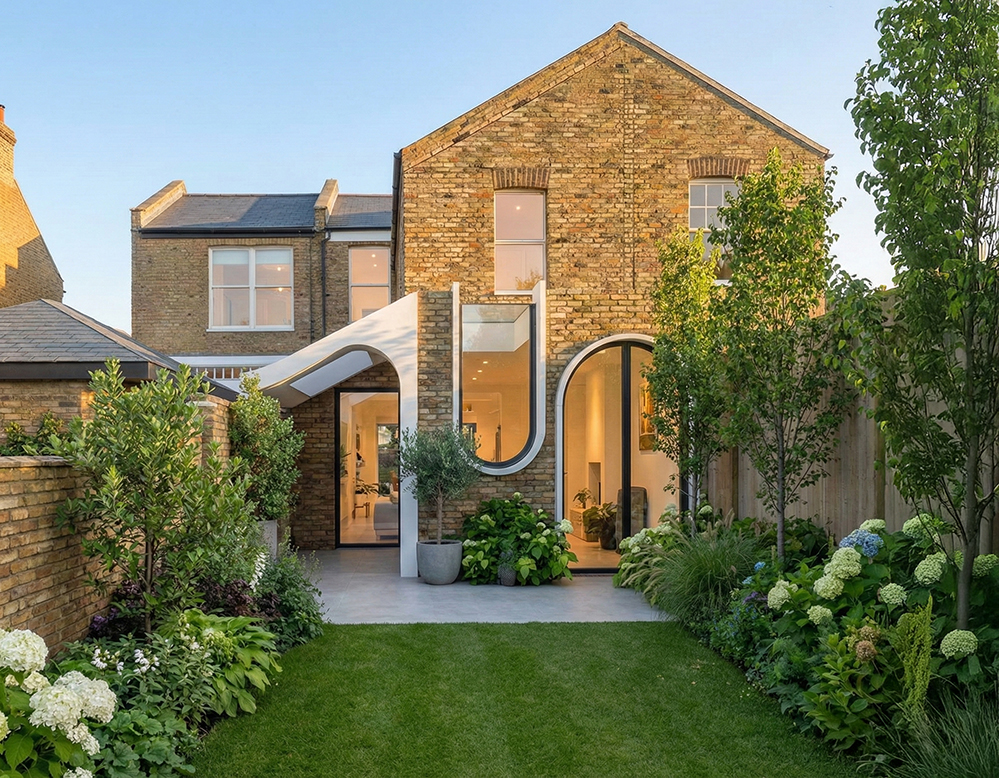
Architects in Notting Hill - understanding place before design
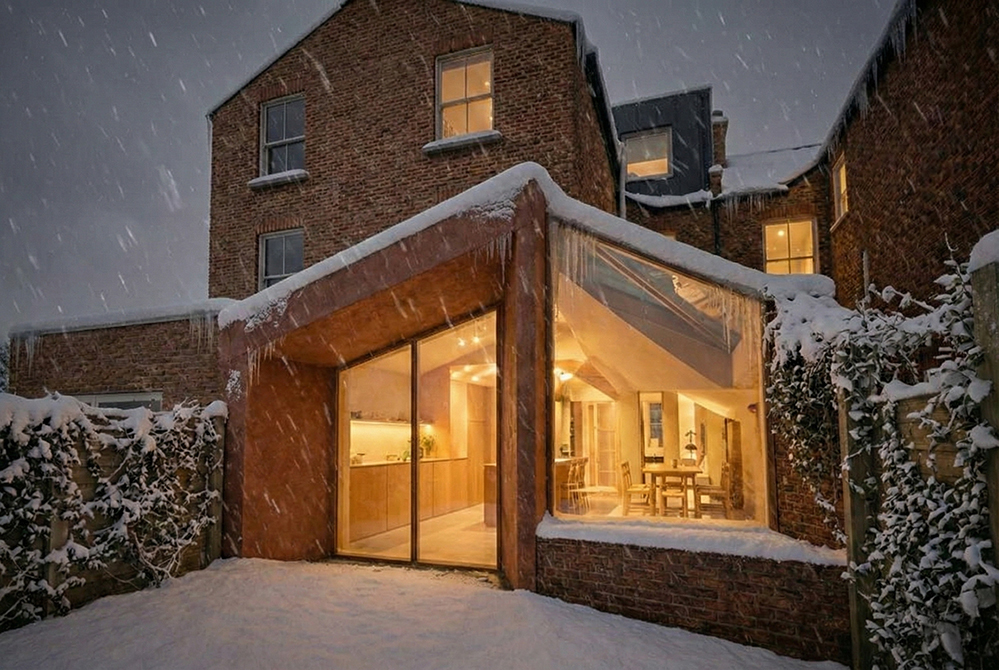
The Quiet Test Every Home Should Pass
